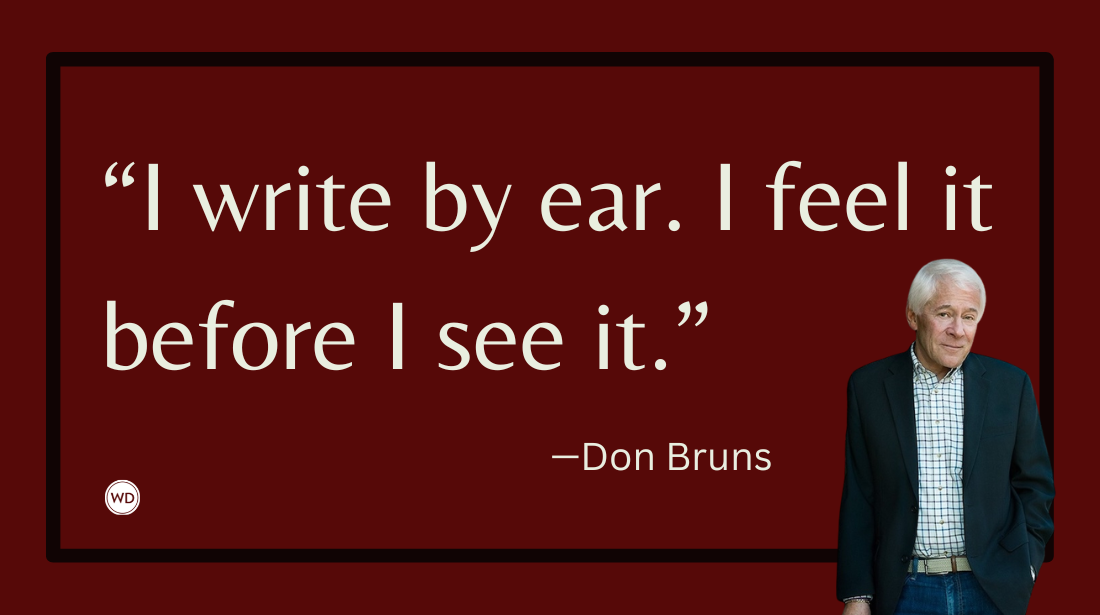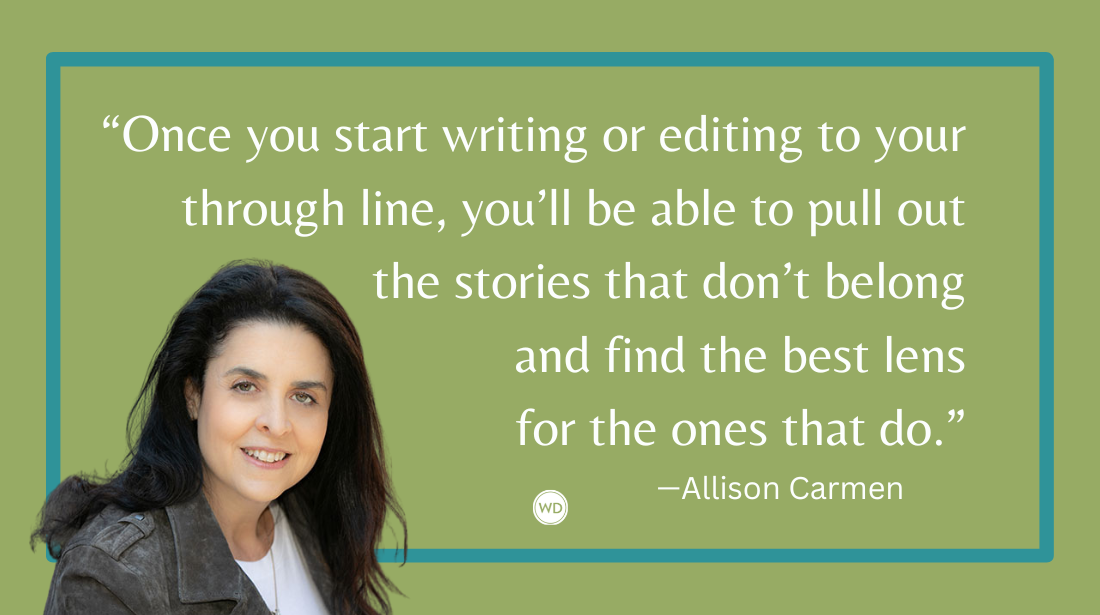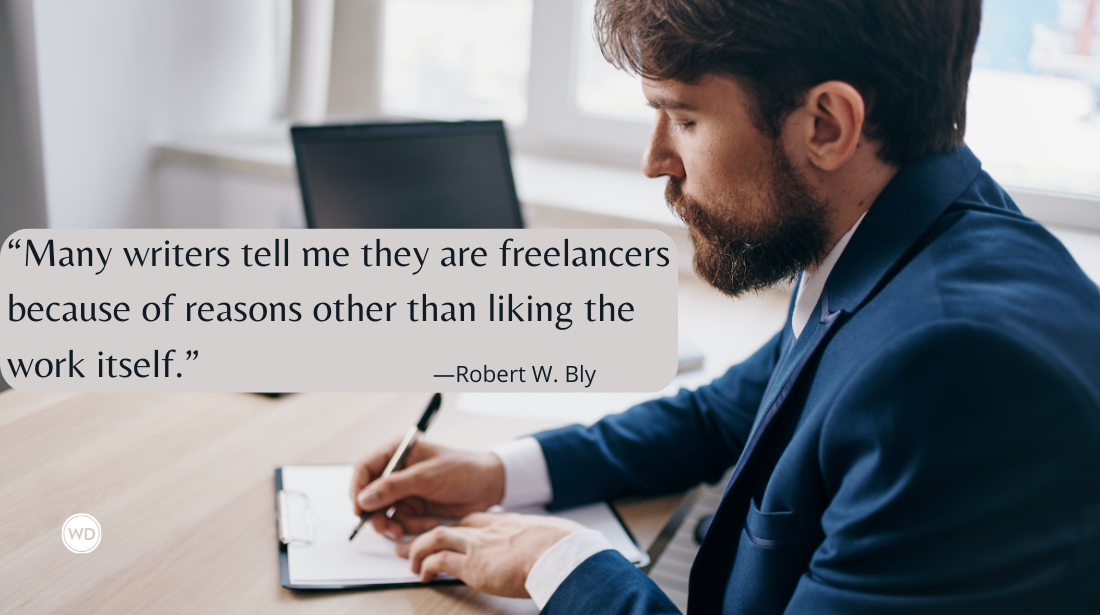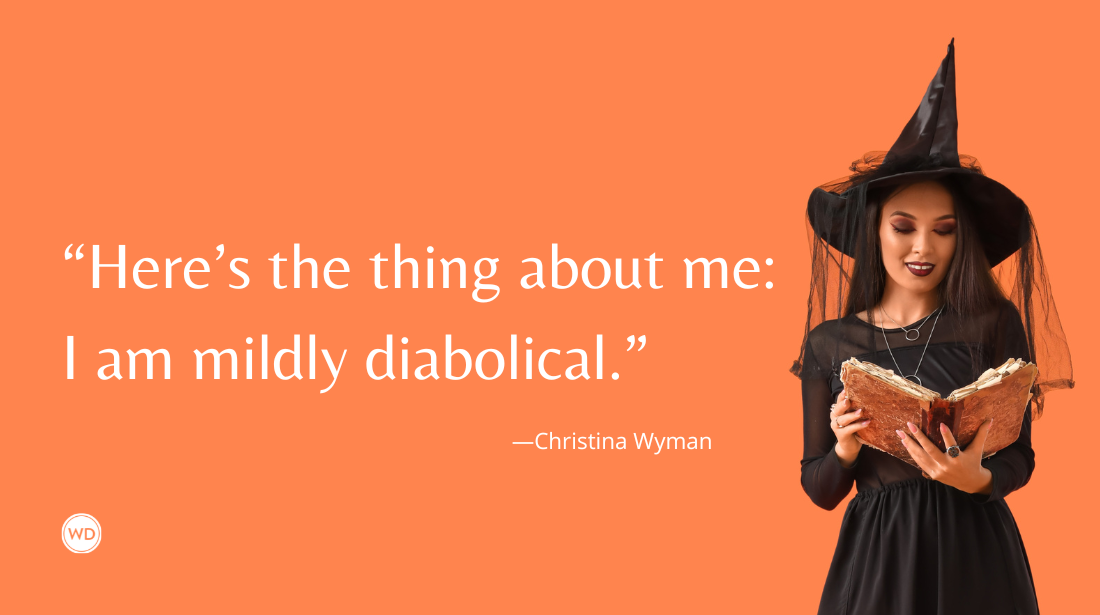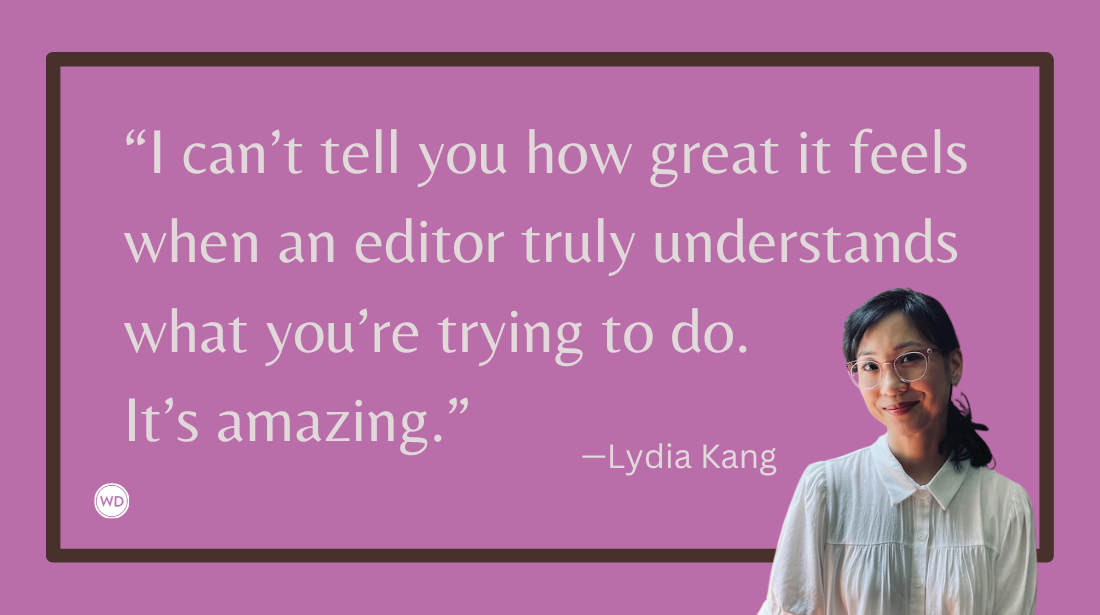Lisa Nikolidakis: On Writing Emotionally Difficult Material
Author Lisa Nikolidakis discusses how grief fueled her desire to write her new memoir, No One Crosses the Wolf.
Lisa Nikolidakis’ work has appeared in The Best American Essays, Los Angeles Review, New Orleans Review, Hunger Mountain, McSweeney’s Internet Tendency, Salt Hill, The Rumpus, Nimrod, Gulf Coast, and elsewhere. She teaches creative writing in the Midwest. Find her on Twitter, GoodReads, and Instagram.
In this post, Lisa discusses how grief fueled her desire to write her new memoir, No One Crosses the Wolf, her advice for other writers writing emotionally difficult material, and more!
Name: Lisa Nikolidakis
Literary agent: Rayhané Sanders, Massie & McQuilkin
Book title: No One Crosses the Wolf: A Memoir
Publisher: Little A
Release date: September 1, 2022
Genre/category: Memoir
Elevator pitch for the book: No One Crosses the Wolf is at once an abuse story, an immigrant story, a travel narrative, and a piece of true crime, but ultimately, it is a memoir about family, the shattering consequences of murder-suicide within the family, and self-restoration. Readers of this book will come away with hope that even in the darkest and most complex of circumstances, it is possible to find light.
IndieBound | Bookshop | Amazon
[WD uses affiliate links.]
What prompted you to write this book?
I began writing this book (by hand!) the day after my father committed two murders then suicide—a version that mercifully looks very different than the final manuscript. The only way I knew how to cope was to write, so grief. Grief is the short answer.
But to stick with it over the years? I had to finish this book because it kept poking me, a nudging reminder that I had unfinished business and a story to tell.
How long did it take to go from idea to publication? And did the idea change during the process?
17 (seemingly interminable) years.
I revised this book again and again—once as a fictional version for my Master’s thesis, and later as memoir for my dissertation. This version—draft one billion, or so—appeared with precision while I was a writer in residence at Hedgebrook. I traveled there with two ideas dominating my thoughts; the first is from Mary Karr’s The Art of Memoir, in which she writes, “However you charm people in the world, you should do so on the page.” In real life, I’m funny; the book was decidedly not.
Second, comedian Hannah Gadsby’s Nanette had just come out and blown me away. She says something along the lines of, “We tell the stories we tell over and over because we still have something to learn from them.” I had nothing left to learn from the version of my memoir that I’d revised for so long.
When I figured out that the encyclopedias that I loved so much in my youth could be the structural scaffolding, I first paced for about an hour and cursed. Not kidding. Just me in the woods in the Pacific Northwest, making Philly proud with a blue streak. I did not want to start over.
But I went to the communal dinner at the residency that evening, ran the idea by the amazing women who were there working on their own projects, and they were like, “Go. Now. Do it.” So, I returned to my cabin, scrapped everything, and started what became the final book, which allowed me to get some comically dark moments in there as I learned more about the story I’d been trying to tell for so long.
Were there any surprises or learning moments in the publishing process for this title?
My wonderful editor (Selena James) suggested I change my title, and while I probably should have expected that, I’d worked hard on the original title (We Run to Crush the Grass) and wasn’t eager to change it. Now, I can’t imagine it being called anything else.
I’m shocked by how much I loved recording the audiobook. I thought it would be grueling—who wants to read the entirety of a trauma memoir aloud to a sound engineer?!—but it turned out to be my favorite part of the publishing experience. I could live in a recording booth.
Were there any surprises in the writing process for this book?
I talk about the necessity of surprise in writing with my students frequently, and that’s why that Hannah Gadsby quote really stuck with me. When I say I had nothing left to learn from the version of the book I’d been working on, I really mean I couldn’t surprise myself anymore. Consequently, every time I’d finish a draft, I’d think, “Meh. It’s fine. Maybe even good. But why can’t I make it better?”
Once I decided to use the encyclopedias, everything changed. That removed the blinders from my story and allowed for surprise to slip back in. It helped me remain curious about how I thought about my own story.
What do you hope readers will get out of your book?
A clearer understanding of how abuse manifests in victims—how to spot someone in trouble and act.
But also hope. If this book makes a single survivor feel less alone, I’ve done my job.
If you could share one piece of advice with other writers, what would it be?
My advice is specifically for writers working on emotionally difficult material. Before I began what became the final draft of this book, I created what I call a “one sheet”—a single page of reasons why I had to write and finish this book. Trust me: I wanted to stop many times and write something much, much funnier. But I knew if I gave up on it, it would prod me forever.
So, I made that one-page document and turned to it whenever it felt like quitting time. That one sheet was my North star.
Also: Get out in nature as often as you can.




